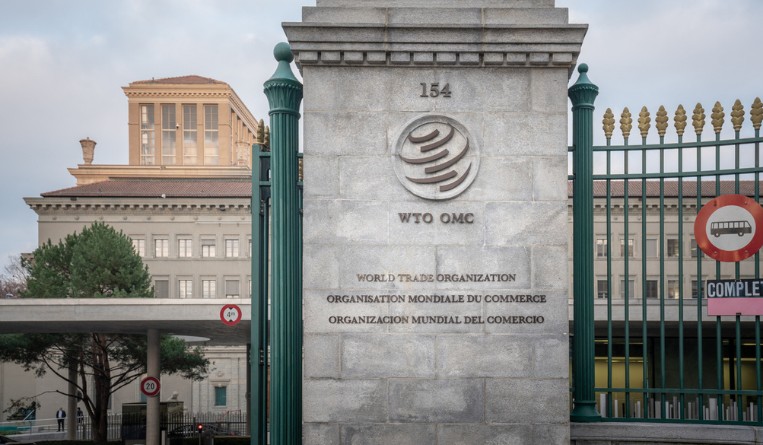During a TRIPS council meeting in late November, members expressed a common belief that the momentum being developed between delegations to find a practical and tangible consensus-based solution to the waiver issue should not be lost. That the emergence of the Omicron variant which is now making its way into many countries and causing fresh waves of infections caused the cancellation of the conference is ironic, according to Shukadev Khuraijam, a partner at Remfry & Sagar in Gurugram office. It also underscored the gravity of the situation, he said.
“It is a fact flashed many times in the media by the World Health Organization and other organizations that there is severe inequity in Covid-19 vaccine distribution amongst the world’s population with developing and underdeveloped economies facing the brunt. This state of affairs is expected to continue with national economies once again focusing more on domestic needs versus international commitments, in this new wave fanned by the Omicron variant,” said Khuraijam.
The proposed waiver is backed by more than 100 countries including the US, France, China, Russia and Australia. Other countries like Great Britain, Switzerland, South Korea and the European Union remain opposed to it.
After the submission of the revised TRIPS proposal in May, the European Union handed over a counter proposal for a multilateral agreement on raising vaccine production via licensing and elimination of export restrictions.
According to Khuraijam, this opposition by several other jurisdictions and the EU’s parallel proposal requires discussions and consensus and therefore, a lot of time, to address.
“What the world needs is more certainty in these uncertain times and a time-bound resolution for the IP waiver and associated proposal is of paramount importance. Whether or not the IP waiver proposal solves the access to vaccine question, one may not have a clear answer, but a final consensus by the WTO on the issue is required,” he said, expressing his hope that the world will not have to wait until a new variant of concern crops up.
Espie Angelica A. de Leon








